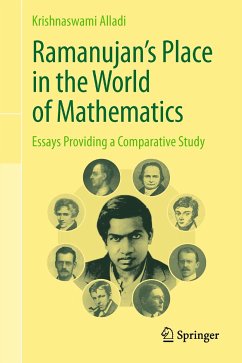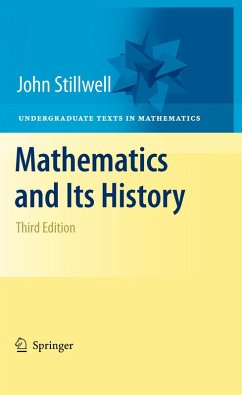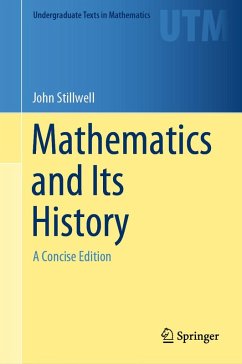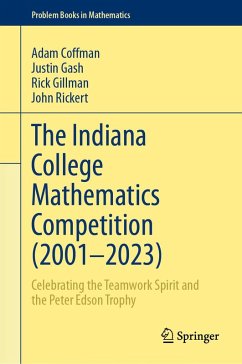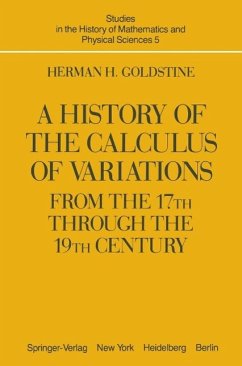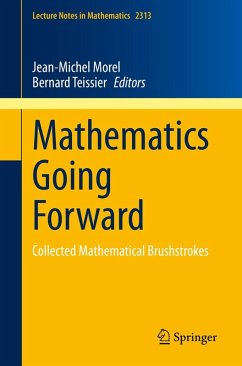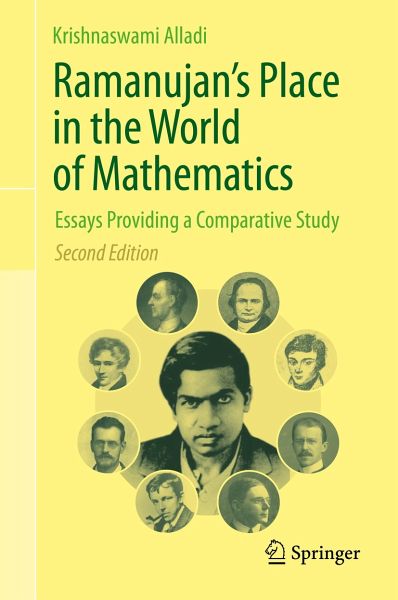
Ramanujan's Place in the World of Mathematics (eBook, PDF)
Essays Providing a Comparative Study
Versandkostenfrei!
Sofort per Download lieferbar
68,95 €
inkl. MwSt.
Weitere Ausgaben:

PAYBACK Punkte
34 °P sammeln!
The First Edition of the book is a collection of articles, all by the author, on the Indian mathematical genius Srinivasa Ramanujan as well as on some of the greatest mathematicians in history whose life and works have things in common with Ramanujan. It presents a unique comparative study of Ramanujan's spectacular discoveries and remarkable life with the monumental contributions of various mathematical luminaries, some of whom, like Ramanujan, overcame great difficulties in life. Also, among the articles are reviews of three important books on Ramanujan's mathematics and life. In addition, s...
The First Edition of the book is a collection of articles, all by the author, on the Indian mathematical genius Srinivasa Ramanujan as well as on some of the greatest mathematicians in history whose life and works have things in common with Ramanujan. It presents a unique comparative study of Ramanujan's spectacular discoveries and remarkable life with the monumental contributions of various mathematical luminaries, some of whom, like Ramanujan, overcame great difficulties in life. Also, among the articles are reviews of three important books on Ramanujan's mathematics and life. In addition, some aspects of Ramanujan's contributions, such as his remarkable formulae for the number pi, his path-breaking work in the theory of partitions, and his fundamental observations on quadratic forms, are discussed. Finally, the book describes various current efforts to ensure that the legacy of Ramanujan will be preserved and continue to thrive in the future.
This Second Edition is anexpanded version of the first with six more articles by the author. Of note is the inclusion of a detailed review of the movie The Man Who Knew Infinity, a description of the fundamental work of the SASTRA Ramanujan Prize Winners, and an account of the Royal Society Conference to honour Ramanujan's legacy on the centenary of his election as FRS.
This Second Edition is anexpanded version of the first with six more articles by the author. Of note is the inclusion of a detailed review of the movie The Man Who Knew Infinity, a description of the fundamental work of the SASTRA Ramanujan Prize Winners, and an account of the Royal Society Conference to honour Ramanujan's legacy on the centenary of his election as FRS.
Dieser Download kann aus rechtlichen Gründen nur mit Rechnungsadresse in A, B, BG, CY, CZ, D, DK, EW, E, FIN, F, GR, HR, H, IRL, I, LT, L, LR, M, NL, PL, P, R, S, SLO, SK ausgeliefert werden.




